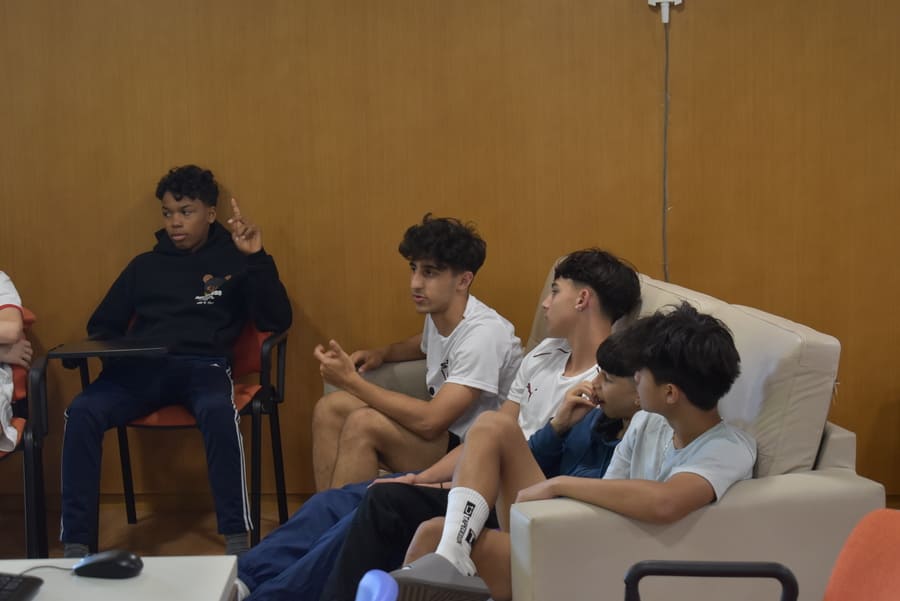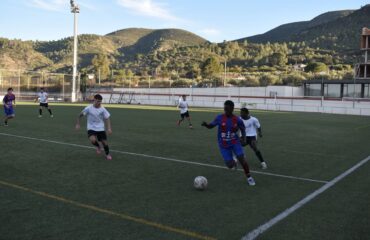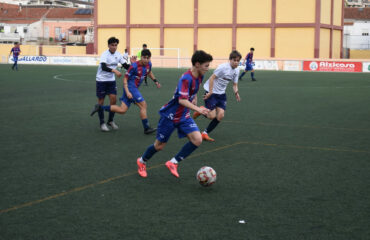Combining high-level sports performance with the study is one of the biggest challenges for young footballers who dream of going far. At SIA Academy, where training is intense and daily, and with demanding education at the British School of Xàtiva, finding a balance between both responsibilities requires strategy, commitment, and the right mindset.
Table of contents
1. Adapting to a dynamic schedule
Unlike more predictable environments, at SIA Academy the day-to-day can change constantly: matches, double training sessions, video analysis, travel, or recovery. That’s why, rather than following a fixed routine, it’s essential to develop adaptability. Knowing how to reorganize your time based on your daily load is a valuable skill.
It’s not about doing the same thing every day, but maintaining balance week by week. If you have an away match on Friday, get ahead with schoolwork earlier in the week. If you have a lighter afternoon, use it to catch up with assignments. Flexibility and foresight are your best allies.
2. Make the most of downtime
In a young footballer’s life, there are many moments of waiting: rides, breaks between sessions, or post-lunch time. These moments are ideal for reviewing notes, reading, or getting ahead with tasks.
Studying doesn’t always mean sitting for hours in front of a notebook. Sometimes, 15 well-used minutes are more effective than an unfocused afternoon. You can review vocabulary, listen to educational podcasts, or do quick exercises on your phone.
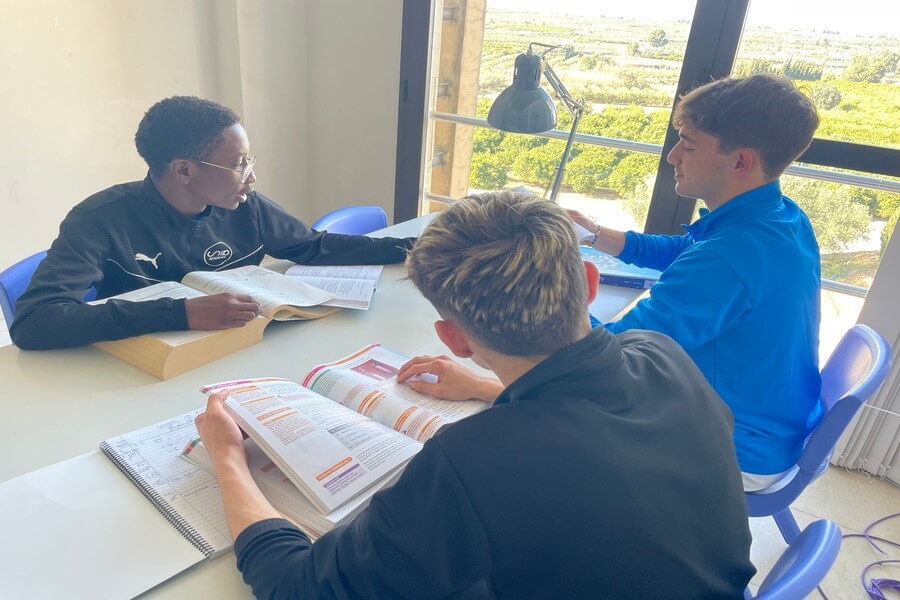
3. Set weekly academic goals
Just as you set sports goals, do the same for academics. Setting small weekly academic targets keeps you motivated and organized.
Breaking big goals into small steps reduces stress and helps you progress without feeling overwhelmed. Plus, it allows you to visualize your achievements and stay productive.
4. Create a study space that helps you focus
Even if you live in residence or share a room, you need an environment that supports focus. A clean desk, noise-canceling headphones with instrumental music or white noise, and zero distractions can help you study more effectively.
Studying in a good environment makes you more productive and saves you time. If you can’t find silence, try common areas or use the school library when possible.
5. Learn to prioritize: not everything is equally urgent
With so many responsibilities, knowing what to do first is essential. Differentiate between what’s urgent and what’s important. Some tasks need immediate attention, while others can wait or be done more quickly.
Planning your week with a list of priorities saves you time and worry. Use planners or a simple paper list. What matters is that it works for you and you use it consistently.
6. Talk to your teachers and coaches
Both the teachers at the British School and the coaches at SIA Academy understand that balancing studies and sports isn’t easy. Communication is key. If you have a trip or a camp, let them know in advance. That way, you can coordinate deadlines and exams.
Being open about your situation shows responsibility and helps you avoid misunderstandings. It also shows your commitment to both areas of your development: on the pitch and in the classroom.
7. Take care of your body to also boost your mind
Getting good sleep, eating well, and maintaining healthy recovery habits doesn’t just improve your athletic performance. It directly impacts your concentration, memory, and learning ability.
Trying to study while tired or poorly nourished is far less effective. Taking care of yourself is part of the training. Avoid excessive screen time at night, stick to consistent sleep schedules, and ask the nutrition team if you need support.
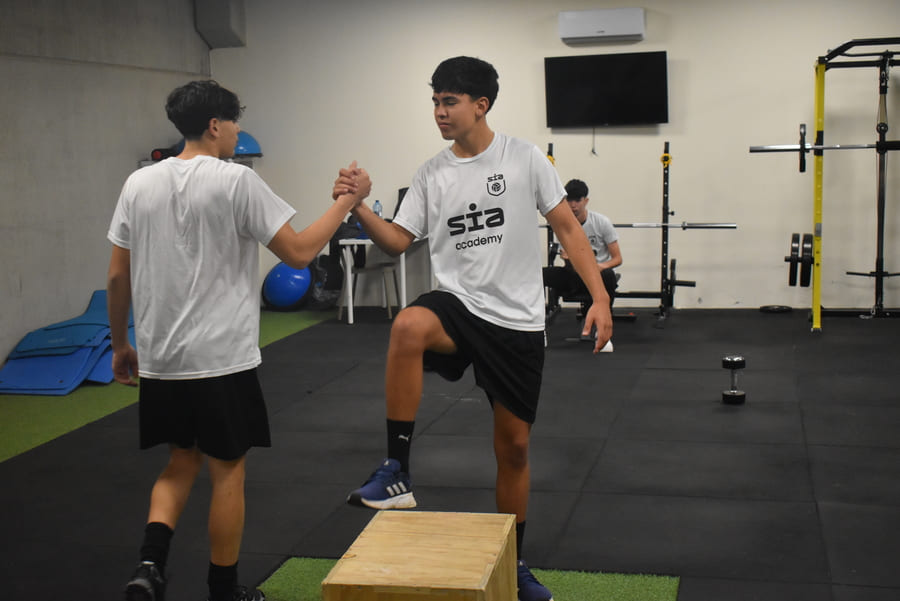
8. Be flexible but disciplined
There will be days when everything becomes complicated. The key isn’t to be perfect, but to stay consistent. What matters is returning to your goals even if you go off track for a day.
Discipline is not rigidity – it’s about always finding your way back, no matter how many times you stray. Keep your purpose in mind. Visualize your goals: a professional future in football and an academic foundation that opens doors.
9. Surround yourself with people who push you forward
Your environment influences your progress. Being around teammates who also want to improve is motivating. If you study with others, choose your study partners wisely. Positive peer pressure can help you stay focused.
Creating study groups, solving questions together, or simply reminding each other of deadlines can make a big difference. Giving up isn’t an option when you’re surrounded by people who want the same as you.
Balancing intense training at SIA Academy with studies at the British School of Xàtiva is a challenge, but also a great opportunity for personal growth. You develop skills like organization, responsibility, and resilience that prepare you for both sport and life.
Those who can balance the ball and the books are ready to play on any field.



